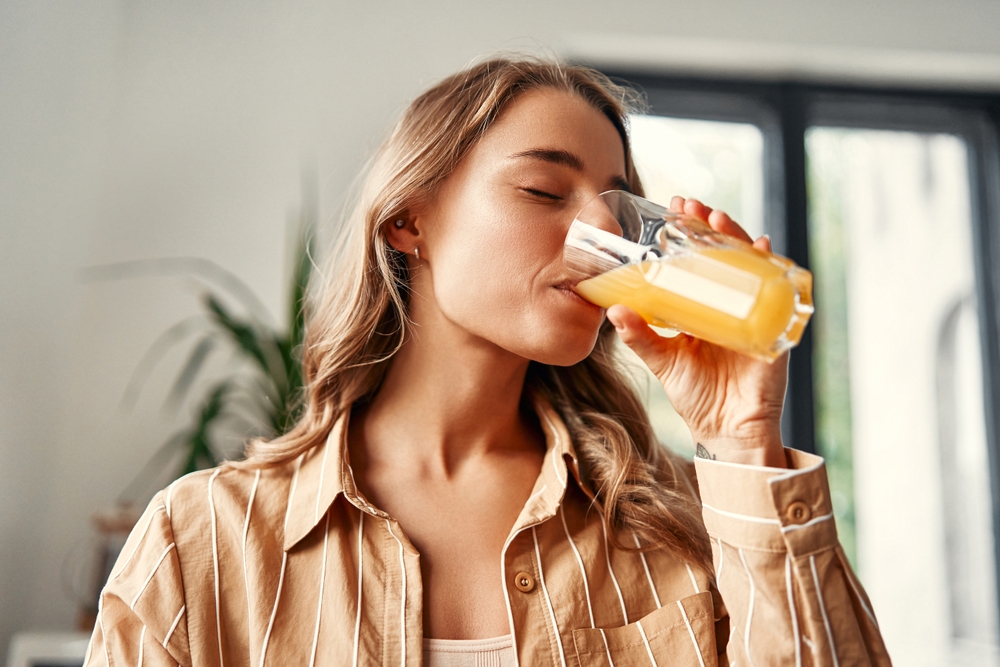In this blog from Mental Health Haven, we go over psychotherapy and holistic methods as approaches for treating addiction.
Understanding Addiction
Addiction refers to the psychological impact of substance use and impulsive behaviors, ranging from alcohol to gambling. Any substance or behavior can lead to addiction and quickly become problematic for some people, causing them to lose control over their lives. People experiencing addiction tend to exhibit similar symptoms associated with their substance or behavior.
Addiction is a complex and challenging condition that affects millions of individuals worldwide. Overcoming addiction requires a comprehensive approach that addresses not only the physical aspects but also the psychological and emotional factors underlying substance abuse. In this blog post, we will explore the road to recovery from addiction, focusing on the integration of psychotherapy and holistic approaches as powerful tools for lasting healing and sobriety.
Addiction Is A Multifaceted Challenge
Addiction is more than just a physical dependence on substances; it involves complex psychological and emotional components as well. By recognizing addiction as a multifaceted challenge, we can adopt a holistic approach that addresses all aspects of an individual’s well-being.
- Physical dependence: The body’s reliance on substances and the physiological changes that occur with regular use.
- Psychological factors: Underlying mental health conditions, trauma, stress, or co-occurring disorders that contribute to addictive behaviors.
- Emotional factors: The role of emotions, such as depression, anxiety, or low self-esteem, in fueling addictive tendencies.
- Social and environmental factors: The influence of social networks, relationships, and environmental triggers on addictive behaviors.
The Role of Psychotherapy in Addiction Treatment
Psychotherapy plays a crucial role in addiction recovery by addressing the underlying psychological and emotional factors that contribute to substance abuse. Here are some key psychotherapeutic approaches used in addiction treatment:
Cognitive-Behavioral Therapy (CBT): CBT helps individuals identify and modify unhealthy thoughts, beliefs, and behaviors associated with addiction. It equips them with coping strategies to manage cravings, develop problem-solving skills, and enhance self-control.
Motivational Interviewing (MI): MI focuses on exploring and resolving ambivalence about change. It helps individuals discover their intrinsic motivation to overcome addiction, set goals, and develop a plan for recovery.
Dialectical Behavior Therapy (DBT): DBT combines individual therapy, group skills training, and phone coaching to help individuals regulate emotions, manage distress, and improve interpersonal relationships. It can be particularly effective for those with co-occurring addiction and mental health disorders.
Family Therapy: Addiction affects not only the individual but also their loved ones. Family therapy helps improve communication, establish healthy boundaries, and foster a supportive and recovery-oriented family system.
Holistic Approaches to Addiction Treatment
Holistic approaches recognize the interconnectedness of mind, body, and spirit in the recovery process. By incorporating complementary therapies and practices, individuals can achieve a more balanced and comprehensive healing experience. Here are some examples of holistic approaches:
Mindfulness and Meditation: Practicing mindfulness and meditation techniques helps individuals develop awareness, reduce stress, and cultivate a sense of inner peace. It can aid in managing cravings and building resilience during recovery.
Exercise and Physical Well-being: Engaging in regular physical activity not only promotes physical health but also releases endorphins, improves mood, and reduces stress. Exercise can be a powerful tool in combating addiction and promoting overall well-being.
Nutritional Support: A balanced diet plays a crucial role in supporting recovery. Nutritional therapy can help address nutrient deficiencies, stabilize blood sugar levels, and restore physical health damaged by addiction.
Art Therapy and Expressive Arts: Creative outlets such as art therapy, music therapy, or writing can facilitate self-expression, emotional healing, and personal growth. They provide alternative channels for exploring emotions and developing coping skills.
Mental Health Haven Is Here To Provide Individualized Treatment
At Mental Health Haven, we can provide extensive options for those experiencing addiction and offer connections to support groups and individual psychiatric therapy for your recovery. Through treatments provided by Kristen Chambers, we encourage our clients to control their mental health so they can experience the relief they need for a positive, happier life.
Mental Health Haven has successfully provided integrative and holistic psychiatry services for many years to Stuart, FL, and the surrounding communities. With a focus on promoting overall mental health, nurse practitioner Chambers can help you find understanding and relief in person or through virtual appointments. Schedule your appointment and find out more by calling or texting 772-302-4352.




